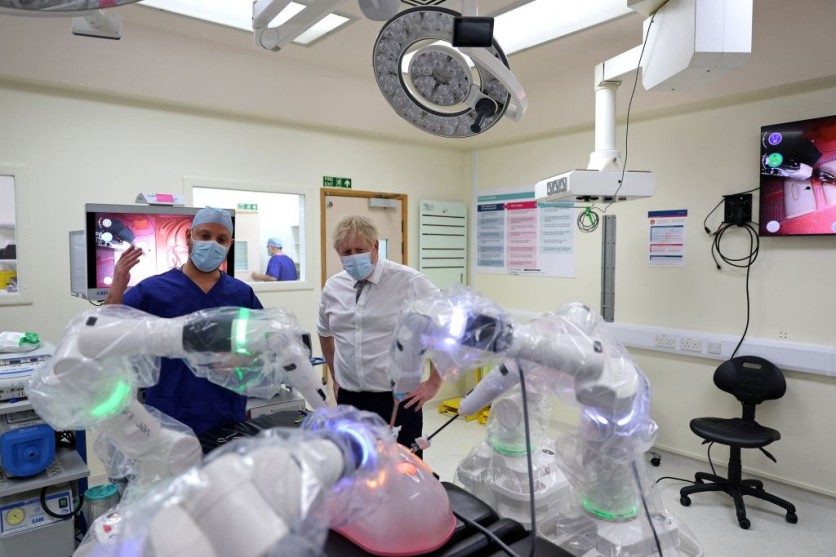Touchlab is currently working with German robotics firm Schunk to make electronic skin for robots to provide machines with the power of a human touch, as reported by TechCrunch.

A lot of elements go into replicating human touch through sensing technology. Touchlab is looking into teleoperation applications that will allow the system to operate robots in understaffed hospitals remotely.
The company uses a layer of software that translates the pressure of the skin to the suit, and they also use haptic gloves. Currently, their skin gathers a lot more data than the company can transmit to the user over haptic interfaces.
The additional information gathered by the robot is translated through various channels, like visual data via a VR headset. This puts the company closer to starting real-world pilots with the system, which will be in February.
Touchlab will start a three-month hospital trial with geriatric patients in the acute geriatric ward. This will be a first for the whole world in which a robot will be deployed in that setting.
Touchlab seeks to be a driving force in the evolution of robotics in the healthcare sector. They are working with surgeons and doctors to improve their products for the future.
Also Read: Will Robots In Healthcare Make Doctors Obsolete?
Robotics in Healthcare
Robotics has already made a huge impact in the healthcare world, and it's still not too late to jump on the train.
Robots already deliver medication to hospital rooms as well as assist in surgery, and it is only a matter of time before they replace more understaffed hospital jobs. Imagine how remarkable that would be for the industry, which is already struggling to keep up with the demands of a growing population, one that is getting older and living longer.
This is all without mentioning the rise of technology and its impact on healthcare and all industries or the need for real-time communication channels in medicine.
Technology is growing at an exponential rate, and it is truly hard to grasp what is to come. Given that, it might be a good idea to jump on board with robotics as soon as possible.
Robotics will bring a whole new element to medicine and hospitals. They will take over monotonous tasks and allow us to focus on our important jobs.
However, there are many issues that need to be addressed in order to increase robotics in healthcare, like integrated communication systems and regulations.
Even so, robotics has proven itself to be a crucial element in the future of healthcare, and it is only a matter of time before the whole world knows it.
The healthcare industry is ripe for disruption, and robotics is already changing the face of the industry.
What do you think about robots in the healthcare industry? Will this be the way of the future?
Related Article: Scientists Invent Micro Robots for Surgery in a Medical Field Breakthrough - They Enter Through Bloodstream!
This article is owned by Tech Times
Written by April Fowell




